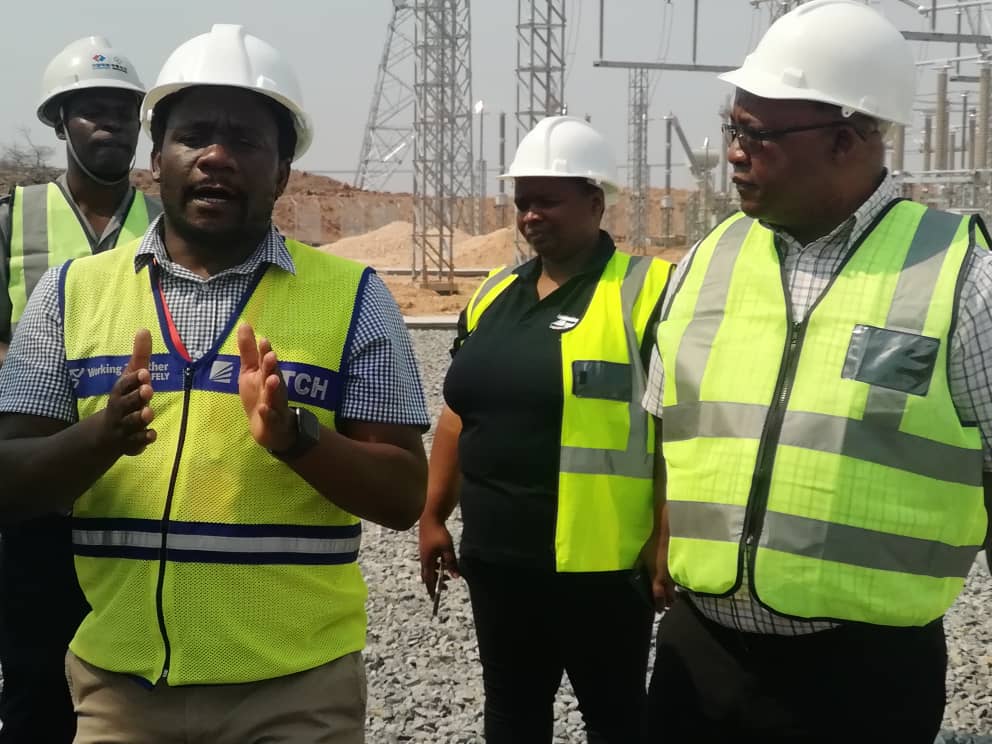Byo road rehab programme to cost USD$14 million
Share

Bulawayo (New Ziana) – Bulawayo’s ongoing road rehabilitation exercise is expected to cost over US$14 million, an official has said.
The major rehabilitation works which started on Tuesday last week are expected to be completed by December 16 this year.
The city’s corporate affairs manager Nesisa Mpofu said the works were progressing well, adding that the council is expected to use a total of US$14,1 million on the exercise.
She said US$12,9 million was funded through the Emergency Road Rehabilitation Programme (ERRPII) while $1,27 million will be courtesy of Devolution funding.
“The current programme is targeting 38km and the ongoing works comprise 10,5 km regravelling,6km reconstruction and 9,5 km on overlaying. There will be reseals as well amounting to 12 km,” she said.
On the selection of roads, Mpofu said, the council is guided by the ongoing routine and periodic road maintenance programme.
“The selection of the road is based on the ongoing council`s routine and periodic road maintenance programme which we are following, and which is in line with our road condition survey that we carried out together with road condition plan.”
Mpofu said these programmes are drawn every year based on roads condition survey which was completed in 2016.
“The programmes are reviewed at the end of the year to access progress. The priority is given to arterials, collectors, Central Business District (CBD) and public transport route roads. This is how we prioritise which roads get attention,” she said.
Turning to poor workmanship by some contractors, Mpofu said the council has processes to ensure the quality and integrity of roads is maintained.
“While there has been some instances of poor workmanship and accusations, as council we have processes to ensure that quality and integrity of roads is maintained. The city engineering department ensures quality control and assurance measures are carried out during execution of the works.
“This means the contractors are supposed to appoint an independent testing laboratory while council teams undertake random tests to ensure compliance to standards. In addition, the city`s project manager and inhouse sourced laboratory ensures that quality standards are met for jobs done inhouse and outsourced to contractors,” she said.
Mpofu, however said some of the city`s roads had outlived their life span and were due for reconstruction.
“At times, some works may be perceived to be poor in cases relating to pothole patching, but it is mainly attributed to the fact that the roads concerned would have outlived their lifespan and due for reconstruction.
“The work itself may appear to be poor but it’s an issue of the road itself being in a desperate and aged state,” she said.
“All things being equal, it will be good for the city to conduct complete work so that maximum benefits can be felt by residents.”
This year, Mpofu said, all road works had been contracted to private players due to lack of equipment.
“Council fleet and equipment is obsolete, and it constantly breaks down. While council inhouse team concentrate on routine maintenance such as pothole patching and drain clearing, there is need for us to engage other contractors so that preparatory works and other works can be done within timelines and allow for maximum benefits,” she said.
New Ziana







